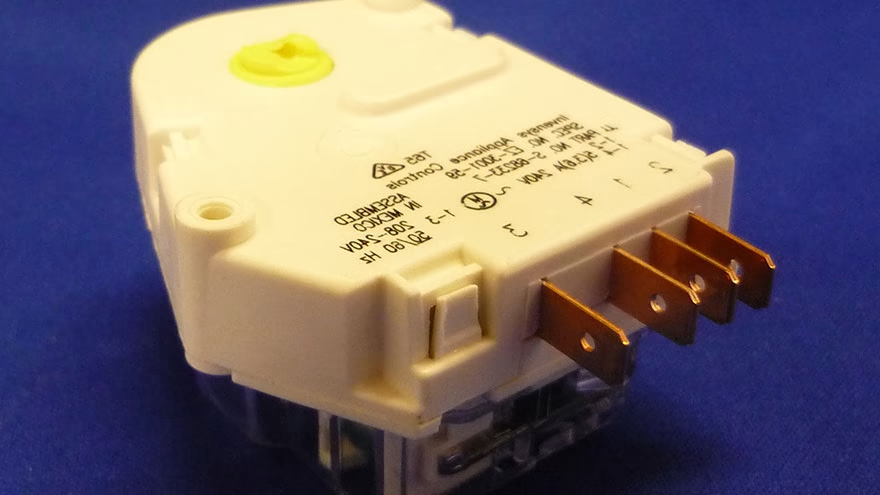The complex and amazing human mind enables people to reason, problem-solve and adapt to a variety of circumstances, but it also has its limitations. Impediments to thinking clearly range from experiencing anger, stress, anxiety, hunger, thirst or physical discomfort to having inaccurate and incomplete information or a rigid belief system.
Many of these obstacles can be substantially reduced or even eliminated to help you think more clearly.
Take Care Of Your Body
The mind and body are intricately connected. Take care of your body and the clarity of your thoughts will improve. Using various relaxation methods -- such as progressive muscle relaxation, meditation, diaphragmatic breathing and guided imagery -
- can
Regular exercise -- even just taking a brisk walk -- offers physical benefits and the added bonus of clearing your mind. In addition, make sure you're eating healthy foods and drinking enough water throughout the day, as dehydration can influence the ability to think clearly. Get enough sleep, including taking short naps if needed.

Keep Your Schedule And Environment Clear
Use a planner, perhaps on your cellphone, to schedule your activities. Planning out your days and weeks in advance will give you a greater sense of control over your life and ensure that you have more time and energy for the things and people that are the most significant to you.Organize and declutter your living space -- and therefore your mind -- to think more clearly and accurately. Use a filing system that makes important documents readily accessible to you.
After you have completed a task, clean up after yourself to remain organized and efficient.

Write İt All Down
Writing your thoughts down is very helpful in clarifying what you're thinking and feeling. Journaling is one successful strategy for better understanding not only what you're thinking, but also why you've made certain decisions.This can help you to plan things out more carefully moving forward. Making a "to do list" is similarly a useful strategy, especially when there are many details to remember. Checking off items on a list as they're completed will give you a sense of accomplishment and decrease anxiety.
You might also express yourself in a letter -
- that you do not necessarily send -
- to help organize and clarify your thoughts and feelings before having an important conversation with someone.

Challenge Your Own Thinking
From our earliest days of life, human beings acquire various values and beliefs that influence what we think and feel and how we behave. Sometimes what we have learned growing up leads to thought processes that are illogical.To think more clearly, it's important to know what types of people or situations trigger such distorted and irrational thoughts and feelings. Tracking automatic negative thoughts -- by keeping what psychologist.
Aaron Beck has called a Dysfunctional Thought Record -- can help free you of them. Similarly, monitoring and evaluating what you're being told by others and the media can provide needed clarity.

You Might Also Like : How to Become a More Patient Person
Check out the video version of this article on YouTube
httpv://www.youtube.com/watch?v=MuL0BxnZSDs
Save for later
Found this helpful?
Pin this article to your Pinterest board and come back to it whenever you need a reminder.
Save to Pinterest


